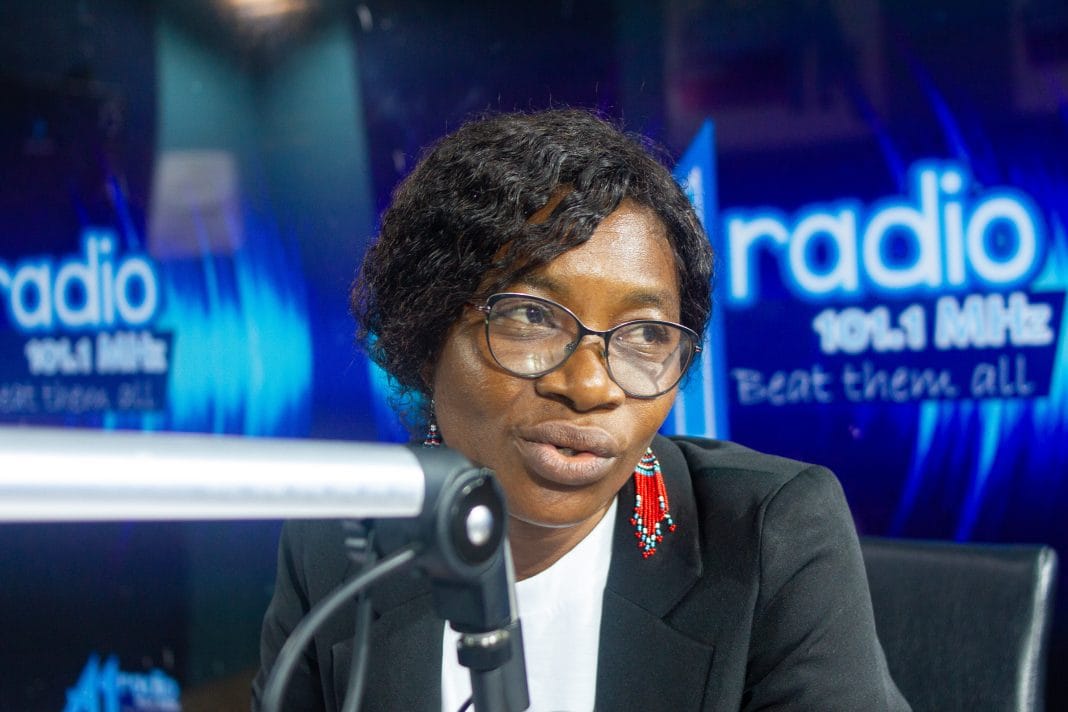On February 11, 2025, Ghana joined the world in celebrating the International Day of Girls and Women in Science, an event dedicated to recognizing the contributions of women in science and technology.
As part of discussions marking the occasion, Dr. Mary-Magdalene Pedavoah, a senior lecturer at C.K. Tedam University of Technology and Applied Sciences (CKT-UTAS), shared her journey into science, revealing that her passion began at a young age, despite coming from a family primarily involved in the arts. She credited her determination, passion, and the unwavering support of her parents for her success.
“It was the determination, the passion, and also the support of the people I came across,” she said.
Reflecting on her education, particularly during Senior High School (SHS), Dr. Pedavoah noted that women were a minority in science classes. She recalled how many girls were discouraged from pursuing science, largely due to the perception that it was too difficult, heavily reliant on mathematics, and time-consuming.
“It’s the perception that science is difficult, that it involves a lot of mathematics and a lot of time, and most ladies wouldn’t want to go into it.”
Speaking on A1 Radio, she recounted the loneliness she faced during her postgraduate studies. She revealed that she was the only student in her master’s program at Kwame Nkrumah University of Science and Technology (KNUST), as well as during her PhD. She often studied in isolation, only interacting with other students during common courses, while pursuing her elective courses alone.
“I was actually a lone student for my master’s. At KNUST, I never had a classmate.”
“At the PhD level too, I was alone. The only time I would mix with other students was during common courses. But for my elective courses, I did them alone.”
Addressing the current state of women in science, Dr. Pedavoah expressed concern that the situation had worsened. She noted that in her department at CKT-UTAS, fewer women are pursuing traditional science programs, with many students opting for newer, more trendy fields.
She emphasized that this shift poses significant challenges to maintaining diversity and innovation in science.
“It has become worse, if I may put it that way, in my area. When I look at the dynamics currently in my department, it is worrying. There are more interesting programs emerging, and people are rushing to those areas, leaving the traditional ones. It’s very challenging,” she added.
Source: A1Radioonline.com|101.1Mhz|Mark Kwasi Ahumah Smith|Bolgatanga


